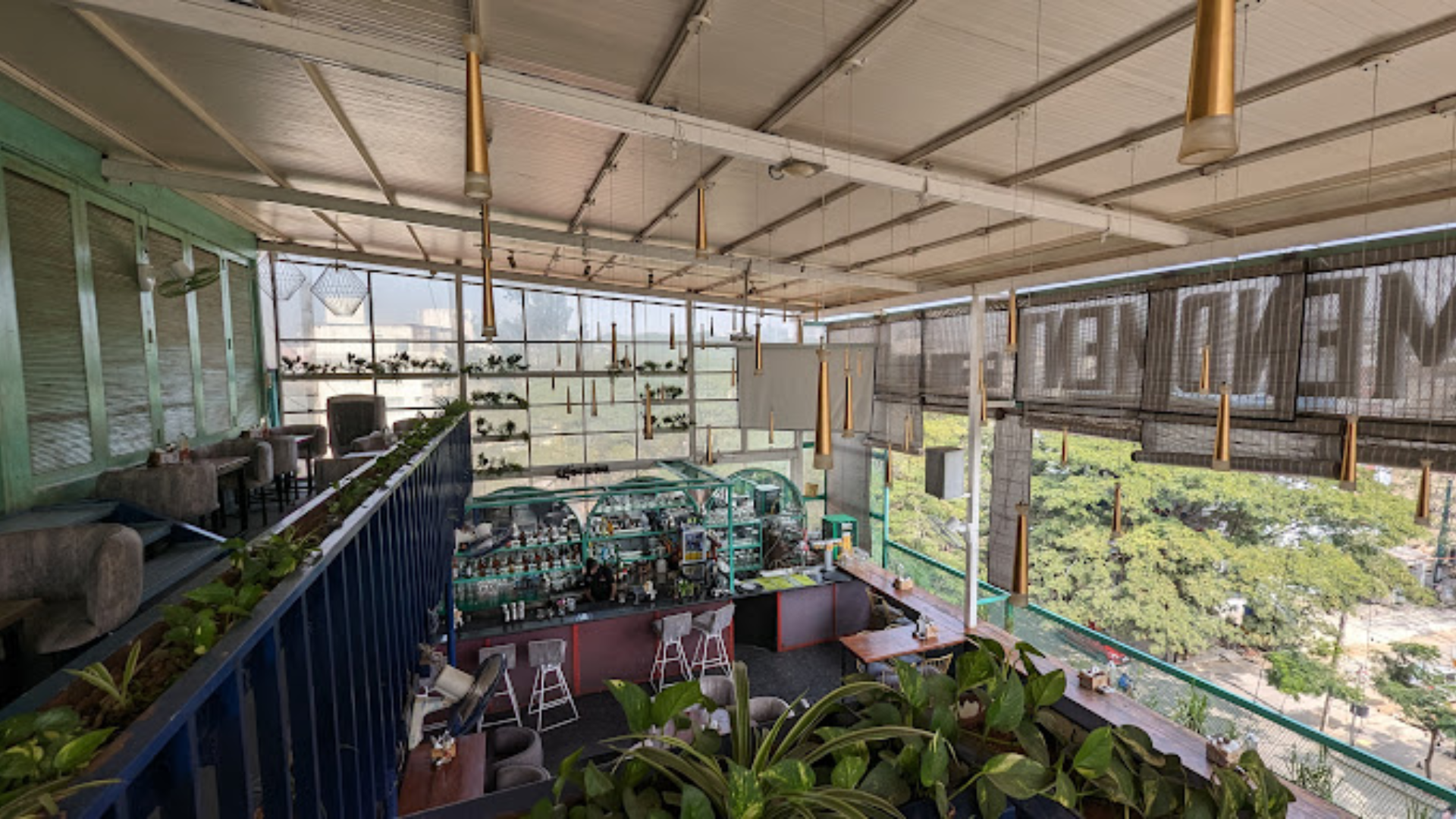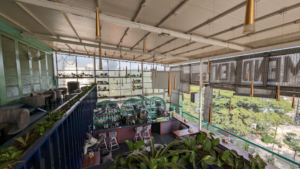What Are the Key Factors to Consider When Undertaking a Large Kitchen Renovation
Introduction
Renovating your kitchen adds value to your property while also improving your daily life. Whether you want to modernize an outdated design, increase functionality, or simply freshen up the area, a large kitchen renovation necessitates meticulous planning and attention. The kitchen is frequently the heart of the home, and renovations can have a significant impact on how you utilize it.
The key to success is to strike a balance between your goals and the practical, functional, and budgetary realities. In this post, we’ll look at the most important aspects to consider while remodeling your kitchen so you may reach your goal without causing additional stress.
Planning Phase
Define Your Renovation Goals
The first step in any refurbishment is to establish clear goals. What do you hope to achieve with this kitchen remodel? Do you want to create a more modern style, increase cooking efficiency, or add storage? Knowing your objectives will help you make design and budgeting decisions.
Establish a Realistic Budget
A clearly defined budget is crucial. It’s easy to become carried away with ideas and visions, but sticking to a budget will help keep your project on track. Include the costs of supplies, labor, permits, and any additional charges that may occur. It is a good idea to set aside an extra 10-20% for contingencies.
Consider Future Resale Value
Even if you don’t expect to sell your home right away, think about how your kitchen renovation may effect its future worth. A high-end, custom remodel may not appeal to all purchasers, so establish a balance between your own preferences and what future homeowners are likely to want.
Create a Timeline for the Renovation
Large kitchen renovations take time, so setting a realistic timeframe is essential. Consider contractor availability, material shipping timeframes, and the complexity of the project. Keep in mind that delays are usual, so allow for some flexibility in your schedule.
Also Read: Top 10 Bathroom Remodeling Trends to Elevate Your Space
Design Considerations
Kitchen Layout and Floor Plan
The layout of your kitchen has a significant impact on both aesthetics and functionality. The typical kitchen work triangle, which arranges the sink, stove, and refrigerator in a triangular pattern, can increase efficiency. Depending on the available space, you may want to consider an open-concept layout or one that allows many people to cook and entertain simultaneously.
Choosing the Right Materials
You’ll be able to choose from a variety of materials. Countertops, cabinetry, flooring, and backsplashes must all be chosen depending on their durability, style, and price. Granite and quartz are popular countertop materials because of their elegance and low care requirements. Hardwood, tile, and vinyl are all excellent flooring options, depending on your design and practicality requirements.
Lighting and Ventilation
Proper lighting can create or break the vibe in your kitchen. Task lighting over work areas, ambient lighting to create atmosphere, and accent lighting to highlight specific features are all significant. Don’t forget about ventilation—proper kitchen ventilation not only eliminates cooking odors but also avoids moisture buildup, which can lead to mold and mildew.
Appliance Selection
Upgrading your kitchen appliances is an important element of the renovation. Choose energy-efficient versions that not only lower utility expenses but also include cutting-edge technology for improved cooking and convenience. Modern appliances, including refrigerators with smart capabilities and ovens with improved temperature controls, can improve the functioning of your kitchen.
Choosing the Right Contractors
Hiring a Professional vs DIY
When it comes to large kitchen renovation, it’s usually advisable to hire professionals, particularly for electrical work, plumbing, and structural changes. DIY renovations may save money upfront, but they might lead to costly blunders later on. If you’re unsure about undertaking some chores, delegate them to the specialists.
Finding Reliable Contractors
Before you hire a contractor, do some research. Ask for recommendations, investigate online reviews, and verify qualifications. A reputable contractor will have the experience and skills required to undertake difficult renovations and will ensure that the job runs smoothly.
Evaluating Contractor Quotes
Getting quotes from multiple contractors allows you to make an informed decision. Make sure the quote is detailed, includes the entire scope of service, and covers all essential charges. Don’t instantly choose the lowest option—quality and experience are just as important as cost.
Budgeting for the Renovation
Cost Breakdown for a Kitchen Remodel
A kitchen remodel can cost anywhere from a few thousand dollars to tens of thousands of dollars, depending on the project’s size and scope. Cabinetry, countertops, appliances, and labor are among the most major expenses. Break down the prices into categories to obtain a better idea of where your money is going.
Unexpected Expenses
Renovations frequently reveal unanticipated difficulties, such as concealed plumbing or wiring problems. Make sure your budget allows for potential surprises. Having a contingency fund ensures that you do not have to postpone or reduce your remodeling owing to unexpected costs.
How to Stick to Your Budget
Keep track of your expenditures and make necessary adjustments to stay inside your budget. Prioritize the most vital updates, and look into cost-effective alternatives for non-essential goods. Keep communication open with your contractor to avoid unexpected charges.
Understanding the Scope of Work
Structural Changes vs Cosmetic Updates
Decide early on whether you want to make structural adjustments (such as shifting walls or changing the plumbing) or cosmetic updates (like new cabinets and worktops). Structural alterations will increase the cost and timeline of any remodeling.
Permits and Regulations
Depending on the scope of the job, you may require permits from your local government. For example, electrical or plumbing work normally necessitates a permit. Make careful to verify your local requirements to prevent penalties or delays.
Dealing with Supply Chain Delays
Due to worldwide supply chain issues, materials and appliances may be delayed. Plan ahead and order necessary materials as soon as possible to avoid delays in your restoration plan.
Design Trends to Consider
Modern vs Traditional Styles
Your kitchen renovation provides an opportunity to express your particular style. Do you favor clean, modern designs with minimalist components, or do you prefer classic, warm characteristics like rich wood cabinetry? Consider your home’s overall look and select a style that compliments the rest of your living areas.
Sustainable Kitchen Design
In terms of kitchen design, sustainability is becoming increasingly important. There are numerous methods to make your kitchen more sustainable without losing design, ranging from energy-efficient appliances to environmentally friendly materials such as recycled countertops and bamboo floors.
Smart Kitchens and Tech Innovations
Smart technologies have made their way into kitchens, making cooking and other duties easier. From voice-activated faucets to refrigerators that track supermarket inventory, there are numerous ways to incorporate technology into your redesign.
Conclusion
A large kitchen renovation can be both exhilarating and overwhelming. By carefully organizing your budget, design, and timing, you can ensure that the process runs well and that the results satisfy your requirements. Consider the characteristics listed above to design a place that is both functional and beautiful, representing your particular style while increasing the value of your property.














Post Comment